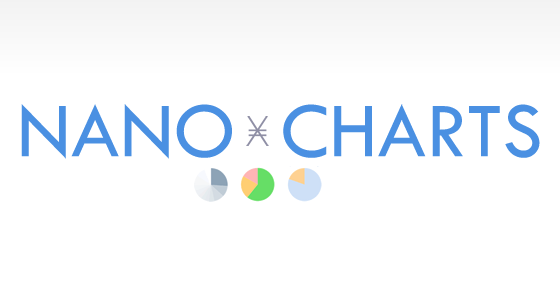Is your Nano representative chosen responsibly?

Nano ensures the network is secure and decentralized by entrusting the voting weight of our Nano accounts to a representative. That representative then votes on our behalf, allowing the network to come to a consensus on whether a transaction is real.
For a good technical overview of how Nano works, check out the documentation at nano.org.
If we didn't allow another entity to vote for us, then each Nano user would need to keep something running and connected to the internet 24/7 to cast their votes. Instead, we can delegate our votes to a server (called a node) that's running all the time. It's important to avoid centralization, where a few nodes get a very large proportion of the voting weight. So we need to keep this in mind when we pick our representative.
When you delegate your account's voting weight, the representative never gets control of your funds, they only get your voting weight. You can change your representative at any point in time in your wallet. See here for a deep dive on 'Open Representative Voting (ORV)'.
If your Nano are currently stored on an exchange, then you have no control over your coins and the exchange decides what happens to them, including who the representative is. This can lead to an exchange that has a lot of Nano stored on it becoming ever more powerful, as they are the gatekeeper of your coins and pick the representative that votes on their behalf.
When you generate a Nano wallet, you can have many addresses that are all derived from your one seed (most wallets allow up to 20 accounts per wallet seed, but the Nano protocol supports more than that). Each address has its own representative. If you use multiple accounts in your wallet, keep this in mind.
Good guidance is to pick a representative that has a very high uptime (95% or greater, for the last week and in its lifetime) and has less than 1.0% of the total voting weight. Ideally you should also keep in mind the trustworthiness of the node, and the likeliness that node will still be online and stable in the future. It doesn't do much good if you delegate your Nano to a node that isn't voting!
The worst case scenario when it comes to delegating voting weight would be if the majority was consolidated to a few entities, if so a '>50% attack' (sometimes called a '51% attack') would be possible. If such an attack was performed, it would allow the entity control of the network, leading to the cryptocurrency's destruction.
It is important to try spread voting weight across many trustworthy, stable and independent nodes to prevent this from happening. Another factor to keep in mind is that a malicious actor could spin up many different nodes under the guise of them being independent, and end up controlling more of the network than you think. This problem is not unique to Nano, many other cryptocurrencies have a similar weakness. For example Bitcoin has an issue with large mining pools holding vast amounts of the network's hashrate (and therefore votes).
It can be a difficult balancing act to pick a Nano representative that's trustworthy, stable and doesn't already have too much voting weight.
Here are two sites that can give some recommendations:


Finding out your current representative with a block explorer
Most wallets will show you your current representative, but another way if you know your Nano address is to check one of the many block explorers.
https://nanocrawler.cc/
https://mynano.ninja/
https://nanolooker.com/
Changing your representative
The method of changing your representative varies slightly between wallets.
Nault (Browser based) https://nault.cc
For Nault, go to the Representatives page https://nault.cc/representatives.
You can click the 'View Recommended Representatives' button for some suggestions, or if you already have a representative in mind, just paste into the 'Representative Account' field, then click 'Update Representative' after picking which of your accounts to update (you can update all your accounts at once to the same representative, if desirable).

Natrium (Android and iOS) https://natrium.io/
For Natrium, tap the settings cog in the top left, scroll down and choose 'Change Representative'. Like Nault, it will suggest some nodes, or you can manually enter an address. Note that your representative setting is unique per account, so if you are using multiple accounts derived from your single wallet seed, then you should update the representative of each of your accounts individually by using the account picker, then repeating the steps to change your representative.


WeNano (Android and iOS) https://www.wenano.net/
If you have any funds on WeNano, you can take the seed that you noted down when you first created your WeNano account and import that into a wallet like Nault or Natrium, then follow the steps above to pick a representative. Note that WeNano isn't open source, so it's much harder to audit. You should not store large amounts of Nano in a wallet made via WeNano, but you can still delegate their votes to a different representative!
Notice anything wrong or misleading? Email: contact at raitheon.com
